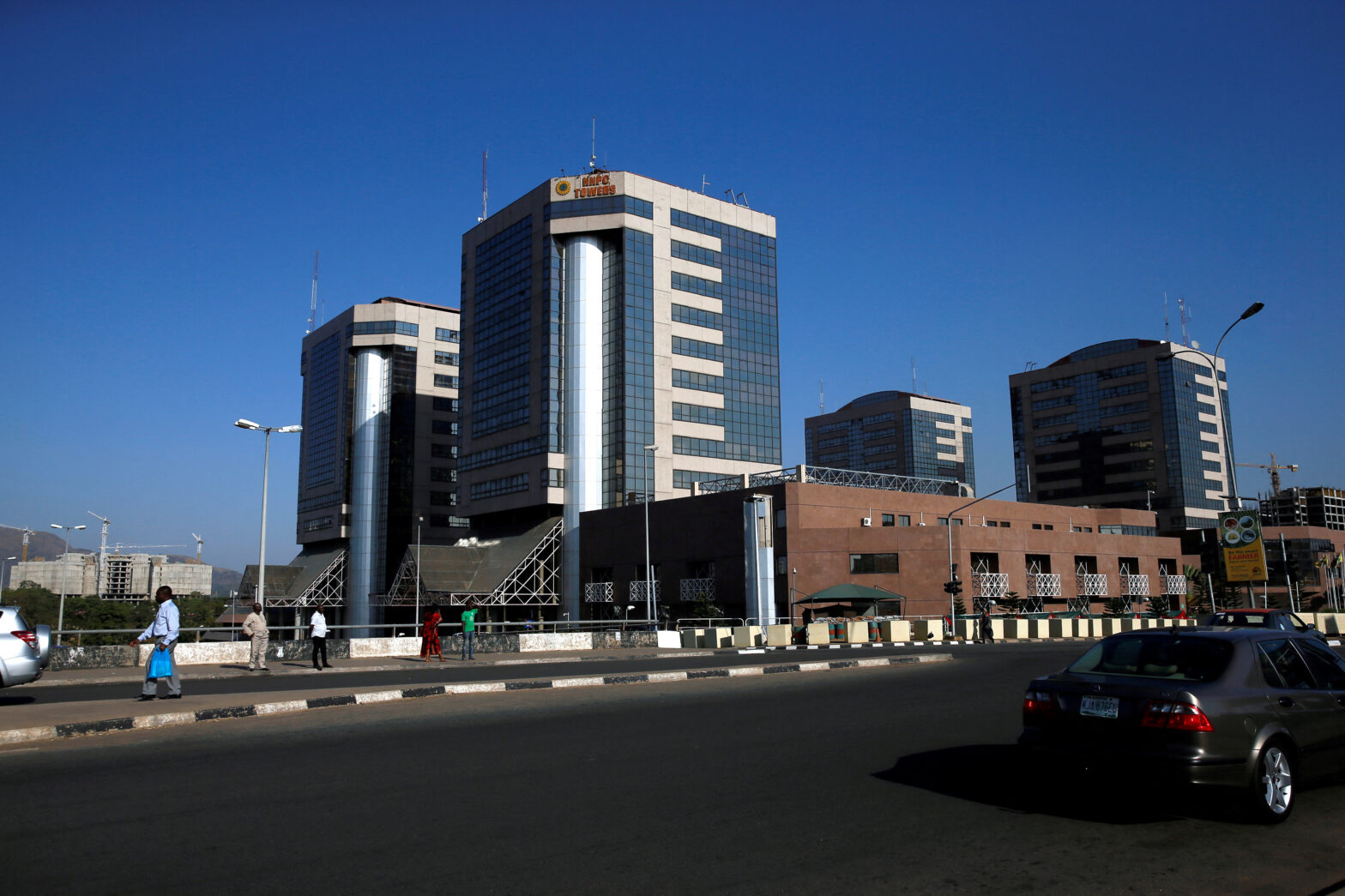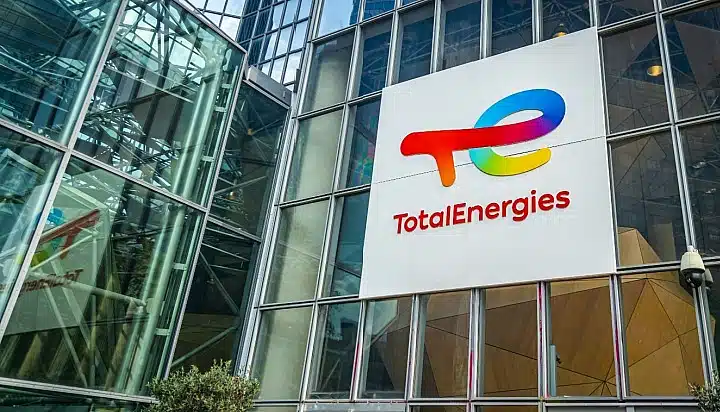Nigeria’s oil and gas sector emerged as a standout performer in June 2025, outpacing other sectors in business activity.
This is contained in the latest Business Confidence Monitor (BCM) report released by the Nigerian Economic Summit Group (NESG) in collaboration with Stanbic IBTC.
The non-manufacturing index, under which the oil and gas sector is classified, recorded a solid score of 120.7 points, maintaining its position in the expansion zone for the third consecutive month.
Within this category, the oil and gas services sub-sector stood out, showing an improved expansion of 133.8 points, up from 125.9 points in May 2025.
This sun-sector business performance was higher than other segments such as construction, crude petroleum, and natural gas, which all experienced slight slowdowns.
Although still above the neutral threshold of 100, the broader non-manufacturing sector’s performance dipped from 122.2 in May to 120.7 in June 2025.
This, according to the report, is largely due to rising costs of production, exchange rate volatility, and persistent infrastructure bottlenecks.
However, oil and gas services continued to thrive, driven by steady project activity and improved supply chain efficiency.
Manufacturing sector maintains momentum
In comparison, the manufacturing sector posted an impressive 123.6 points, the highest sector-wide score for the month.
Key contributors included textiles, cement, and plastic and rubber products, though the oil sector’s sub-sectoral depth gave it a notable edge in terms of resilience and future potential.
The report also revealed other sectoral highlights and economic outlook, including;
- Trade rebounded to 121.0 points, boosted by strong retail sales.
- Agriculture climbed to 108.9, recovering from a temporary dip in May.
- Services rose slightly to 106.3, despite contraction in telecommunications.
Most importantly, the overall Business Confidence Index in June rose to 113.6, from 109.8 in May 2025.
Future business optimism for June reached a high of 134.5 points, courtesy of the oil-adjacent sectors like non-manufacturing which pooled 153.5, reinforcing investor confidence.
Challenges persist despite optimism
Despite the oil industry’s strong performance, the report flagged ongoing concerns:
- High production costs and diesel reliance due to erratic power supply.
- Restricted access to finance and FX volatility impacting imports.
- Regulatory burdens and infrastructure gaps, especially in logistics and transportation.
Overall, the latest NESG report confirms the strategic importance of the oil and gas sector in Nigeria’s economic recovery and growth transformation.
The latest NESG report reinforces the vital role of Nigeria’s oil and gas sector in driving economic recovery and long-term growth.
According to NESG’s January 2025 macroeconomic outlook, the country recorded a significant N15.1 trillion ($9.85 billion) trade surplus in the first nine months of 2024, largely fueled by a 122.1% surge in crude oil exports.
The GDP is projected to grow by up to 5.5% in 2025 if exchange rate stability is achieved. Weak local currency makes Nigeria spend a significant chunk of its FX earnings on imports.
Oil production also rose for the first time in four years, reaching 1.55 million barrels per day in 2024.
These gains, coupled with sectoral reforms, position the oil industry as a model for broader economic revitalization.











